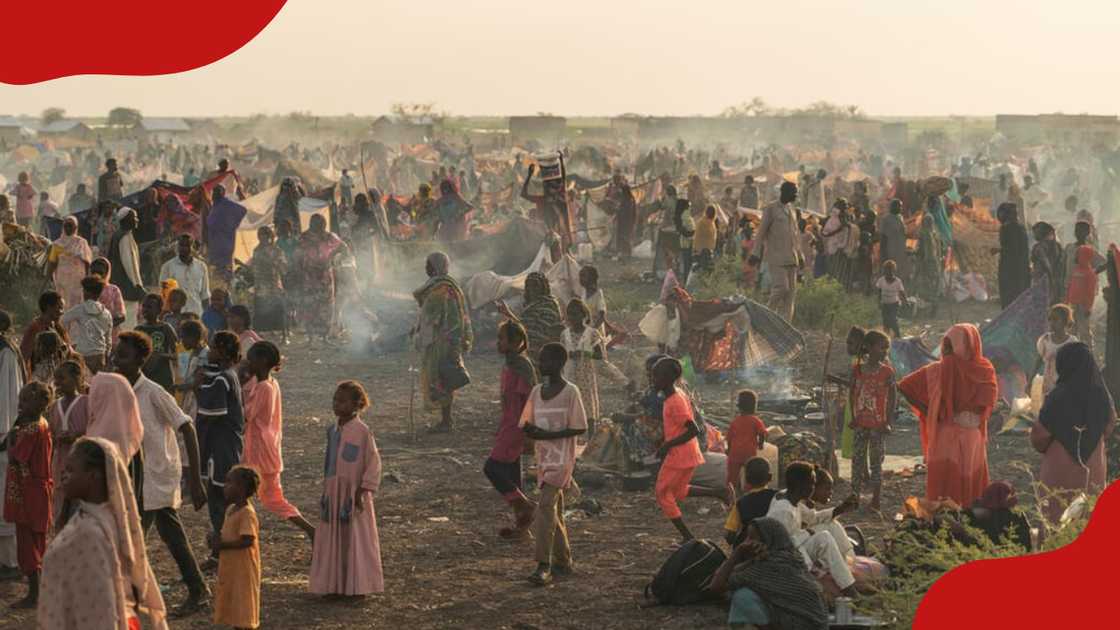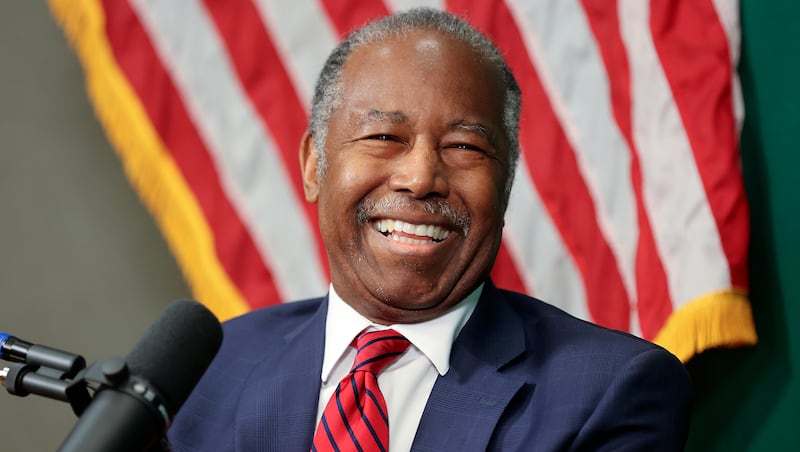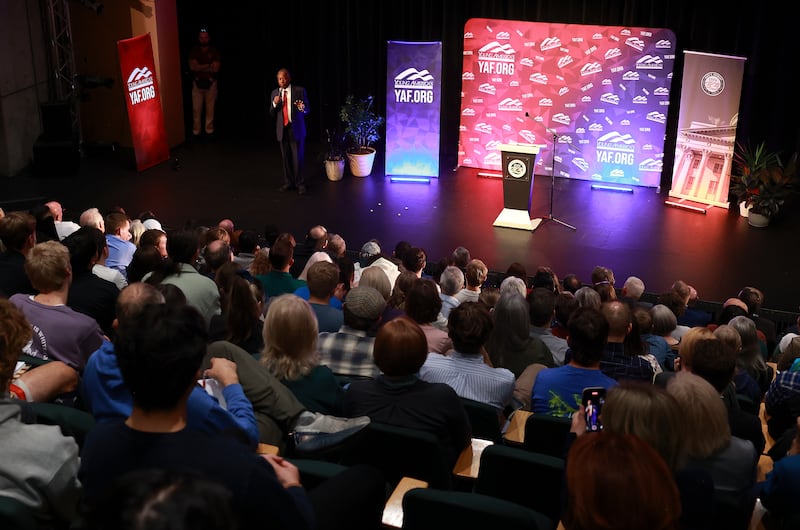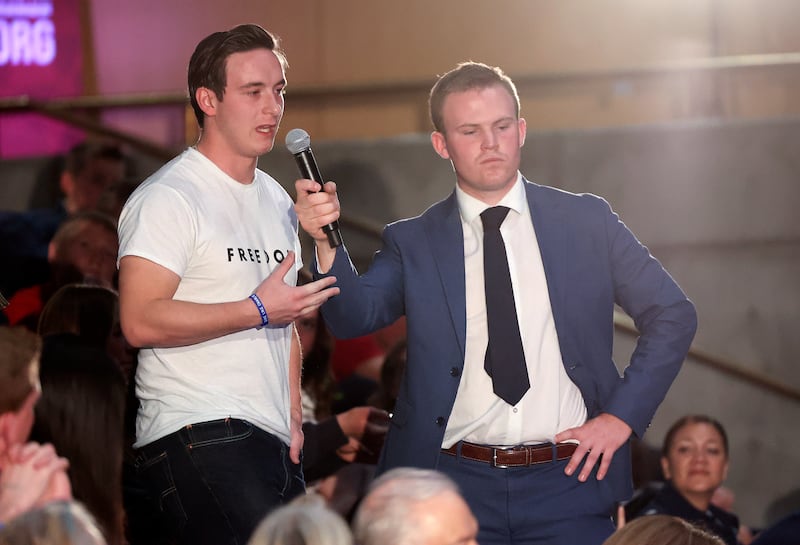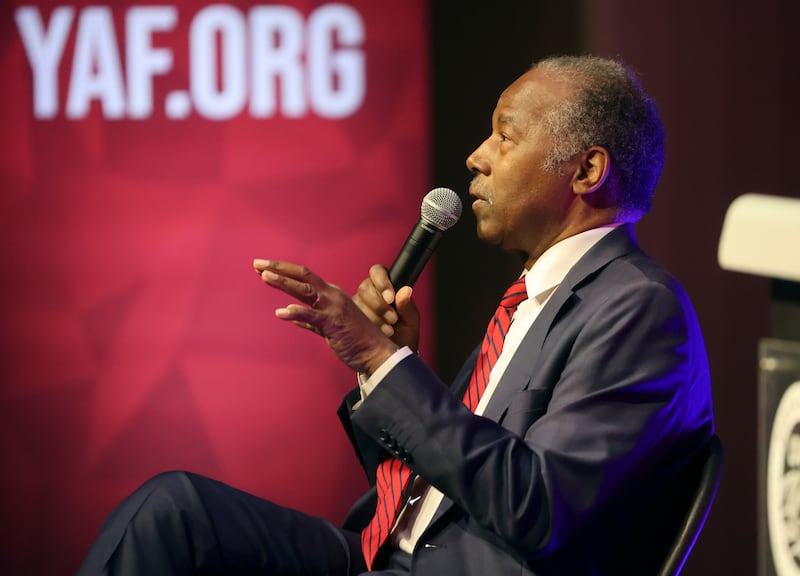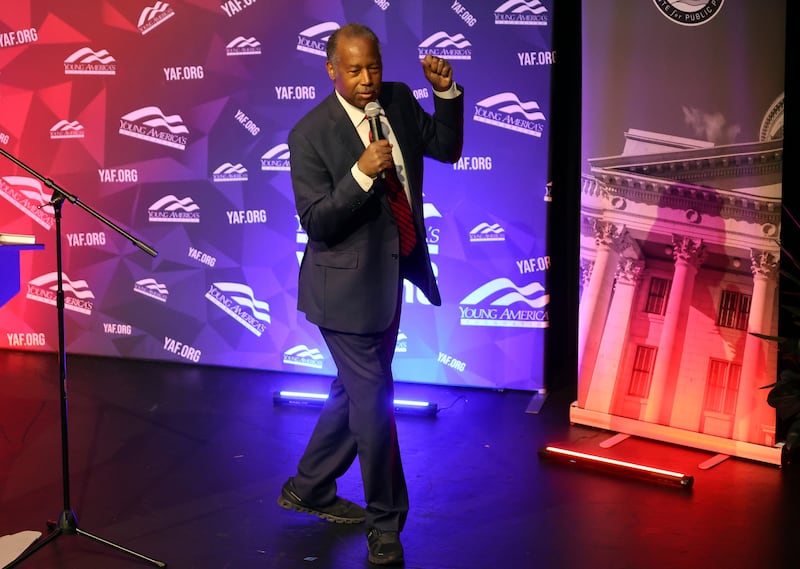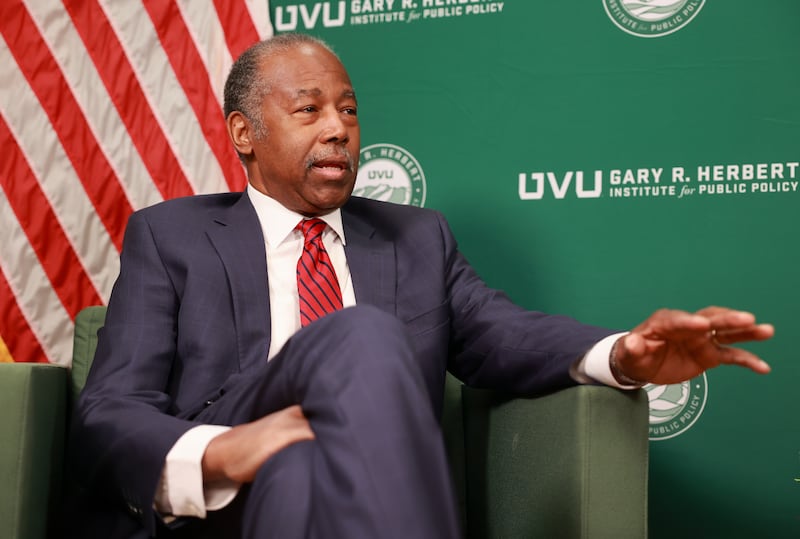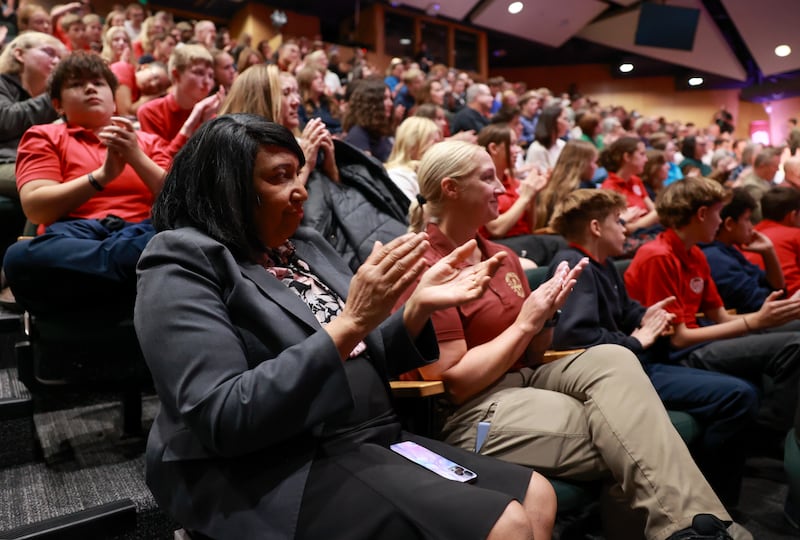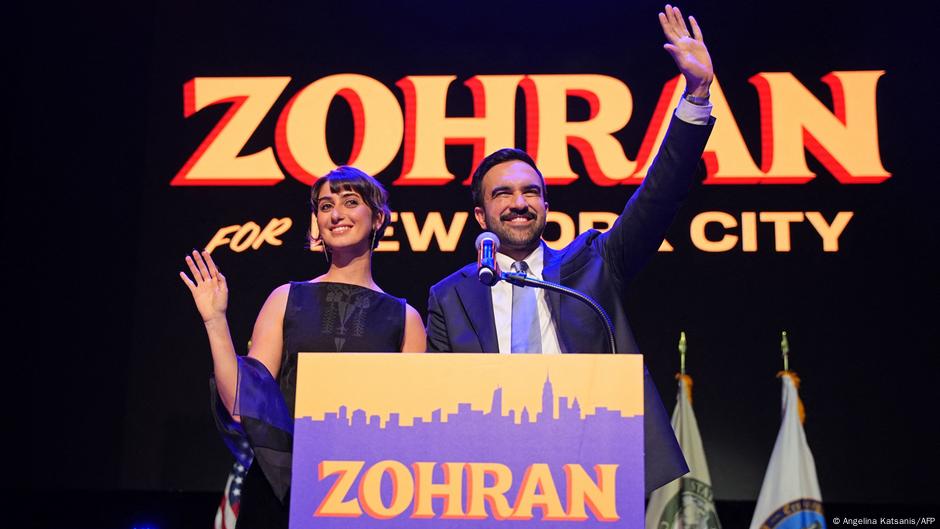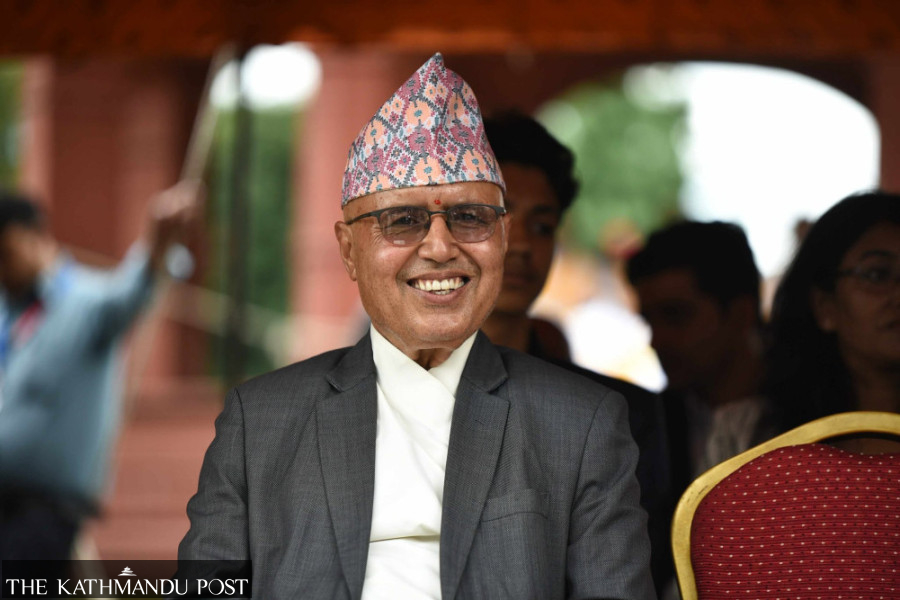Entrepreneurship: A Mandatory Course for All Universities

The Importance of Entrepreneurship Education in Ghana
In today’s rapidly changing global economy, entrepreneurship has become one of the most powerful engines of growth, innovation, and job creation. In Ghana, most governments keep emphasizing that “Entrepreneurship is the engine of growth,” but none of them have ever put in place mechanisms to let entrepreneurship bring the growth they talk about. Some even at the end of their term in government manage to kill the few businesses established by these entrepreneurs.
Ghana, where graduate unemployment continues to rise each year up to the point now that they have an Unemployed Graduate Association, it is increasingly critical for tertiary institutions to make entrepreneurship a compulsory course for all students. This is not merely an academic reform—it is a national necessity to prepare young people for a future that rewards creativity, initiative, and problem-solving.
Some of the institutions teach entrepreneurship as a semester subject, but that alone will not have the necessary effect on the graduates. They will just learn the theory and pass the semester examination and move in as usual.
The Free SHS policy has been a laudable initiative that has expanded access to education, but it has also created immense pressure on tertiary institutions. Overcrowded lecture halls for some subjects and courses now limit opportunities for critical thinking, creativity, and practical application. Consequently, many graduates leave school unprepared for the job market, lacking the entrepreneurial mindset and practical experience needed in today’s competitive environment although they have all the necessary degrees but have no idea what happens in the workplace and even how to prepare themselves for the future.
The National Service Scheme was originally designed to bridge the gap between the classroom and the workplace. However, it has largely fallen short of this goal. Many service personnel spend the year performing repetitive administrative tasks—filing documents, making photocopies, or serving tea—instead of acquiring relevant professional experience. This occurs partly because many institutions are already overstaffed, leaving little space for meaningful engagement or mentorship.
Other countries have successfully restructured similar programs to connect graduates with real-world learning. Singapore has made practical education central to its tertiary reforms, linking every degree to industry needs. Rwanda’s National Employment Program connects graduates to internships and startup funding, while India’s Skill India Mission has trained millions in practical trades—transforming local economies and creating jobs from the grassroots up.
For Ghana to progress, integrating entrepreneurship education into all tertiary programs is essential. It will produce graduates who are not only job seekers but job creators, driving sustainable growth and national development.
Benefits of Making Entrepreneurship Compulsory
Reducing Graduate Unemployment
One of Ghana’s most pressing challenges is the growing number of unemployed graduates entering a saturated job market each year. Making entrepreneurship compulsory will equip students with the skills, mindset, and confidence to create their own employment opportunities. Graduates will learn to identify market gaps, develop small businesses, and in turn, employ others which leads to significantly reducing unemployment across the country.
Promoting Innovation and Creativity
Entrepreneurship education fosters innovation, creativity, and critical thinking—qualities often overlooked in traditional academic settings. Through practical projects, case studies, and problem-solving exercises, students learn how to transform ideas into viable business ventures. This nurtures a culture of innovation that drives technological advancement and economic diversification.
Enhancing Financial Literacy and Management Skills
A crucial component of entrepreneurship is financial literacy—understanding how money works, how to budget, how to design a saleable business plan, how to invest, and manage business finances. By making entrepreneurship compulsory, students will learn to make informed financial decisions, manage resources wisely, and cultivate fiscal discipline—skills that are valuable both in business and personal life. Most of these graduates, complete school hold iPhone 17 while they do not even have what it takes to start a business that will cost them less than Ghs 1,000.00.
Building Self-Confidence and Leadership
Entrepreneurship education develops self-confidence, initiative, and leadership qualities. Students trained to take calculated risks and manage challenges build resilience and belief in their abilities. These traits not only prepare them for business ownership but also for leadership roles in all sectors.
Contributing to National Economic Growth
Entrepreneurial graduates are engines of economic transformation. When they start and grow businesses, they generate jobs, pay taxes, and contribute to productivity and innovation. Making entrepreneurship education compulsory will help Ghana cultivate a generation of job creators, strengthening the nation’s GDP and fostering long-term economic resilience. As the numbers of graduate unemployment increase, this is a national security issue which needs any serious government attention.
Encouraging Problem-Solving and Community Development
Entrepreneurial education trains students to identify and solve real-world problems. Graduates equipped with these skills will address local challenges—such as waste management, agricultural productivity, technology access, and healthcare delivery—thus contributing to sustainable community development and inclusive growth.
Bridging the Gap Between Theory and Practice
Many tertiary courses in Ghana remain heavily theoretical. Entrepreneurship introduces practical application into academia, allowing students to test their ideas, run small ventures, and experience the realities of the business world before graduation. This hands-on exposure bridges the gap between the classroom and the marketplace, making graduates more employable and adaptable.
Instilling a Culture of Resilience and Adaptability
In a fast-paced global economy, resilience and adaptability are key. Entrepreneurship education teaches students to embrace challenges, learn from failure, and adapt to change. Graduates who possess this mindset are better equipped to navigate uncertainty and turn obstacles into opportunities.
Lessons from Global Examples
Thanks to a few institutions that are making critical thinking and problem solving a key part of their institution and I would like to mention Ashesi University, they are the ones I know for now. Making entrepreneurship a compulsory course in all tertiary institutions in Ghana is not just about teaching business, it is about empowering the next generation with the mindset, skills, and confidence to transform ideas into opportunities. It will produce graduates who are innovative, self-reliant, and capable of driving Ghana’s economic and social progress.
The nation’s future will not be determined by the number of certificates awarded, but by the number of minds empowered to create, innovate, critical thinking, problem solver and lead change.
Let’s all look at the nations that are doing so well:
Singapore
Probably one of the best examples. They made entrepreneurship part of their education system from an early stage. Universities have incubators and innovation hubs linked directly to industries, and the government provides strong funding and mentorship for start-ups. It’s a model that connects education, innovation, and business seamlessly.
Israel
Often called the “Start-up Nation.” Despite its small size, it’s packed with entrepreneurs and high-tech companies. Military training there even fosters problem-solving and teamwork that translate into entrepreneurial skills.
Rwanda
In Africa, Rwanda is a shining light. The government actively supports youth entrepreneurship with funding, business incubation, and mentorship through programs like the National Employment Program. They’re deliberately using entrepreneurship as a tool for job creation and innovation.
India
Through initiatives like Startup India and Skill India, millions have been trained in trades and small business management. It’s transforming local economies and reducing unemployment.
South Korea
Another great example of using entrepreneurship and innovation to drive transformation. They invested heavily in education, research, and small business support—turning a war-torn country into a tech powerhouse within a generation.
Summary & How Ghana Can Use These Lessons
Across these cases you’ll see common themes: * Strong policy commitment to entrepreneurship → aligning education, skills, finance and business start-ups. * Tertiary education and training linked to business/industry (so entrepreneurship isn’t just theoretical). * Supporting ecosystems: mentorship, finance, incubation, business services, and removing regulatory/structural barriers. * Targeting youth and women and making sure entrepreneurship is seen as a respected and viable career option. * Aligning entrepreneurship with national development goals — job creation, innovation, export, value-added industries.
For Ghana, these insights reinforce what you’ve been advocating: making entrepreneurship education compulsory is important—but equally important is building the ecosystem to support graduates to turn ideas into businesses and connecting entrepreneurship curricula with real market/industry needs.
Eric is a Chartered Insurer, Financial & Investment Strategist, Climate Change Advocate, Student of Leadership.
